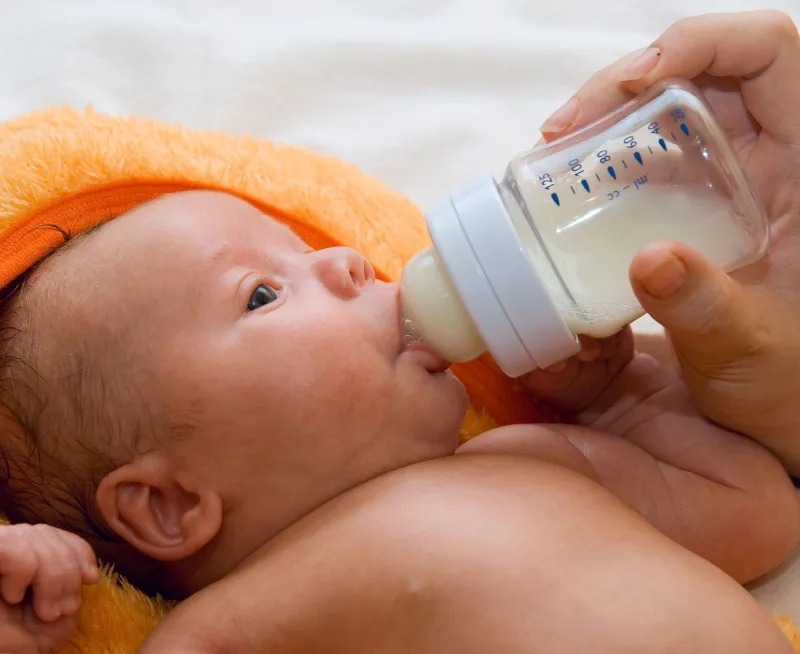Type 1 diabetes is a chronic disease that is part of the 'autoimmune pathologies', in which the immune system attacks the organism itself - in this case, the beta cells of pancreatic islets, responsible for insulin production-.
Insulin is the hormone responsible for cells to capture blood glucose to produce energy.Consequently, and since its organism is unable to produce insulin, the bloodstream of patients with type 1 diabetes carries an excess of glucose, which ends up causing damage to multiple organs of the body.
This disease causes those affected to have a half life expectancy 12.2 years lower than the general population.
In order to delay the appearance of the disease in people with genetic predisposition, it has been considered that the key could not be exposed to ‘foreign bodies’ that can cause a ‘overexcitation’ of the immune system.
the study
In this specific case, the key is to avoid ‘strange’ complex proteins, such as the one found in cow's milk.
The Trigr Study - Signs in English of ‘Study to reduce insulin -dependent diabetes in people with genetic risk’ - was carried out with the participation of 2,159 children who had a genetic risk of developing the disease.
The selected children took extensively hydrolyzed formula
At the end of the study, which had a duration of 11.5 years, it was concluded that the incidence of the disease was similar for both groups.
Definitely, the proteins contained in cow's milk are not responsible for children who have a genetic predisposition to develop it.



